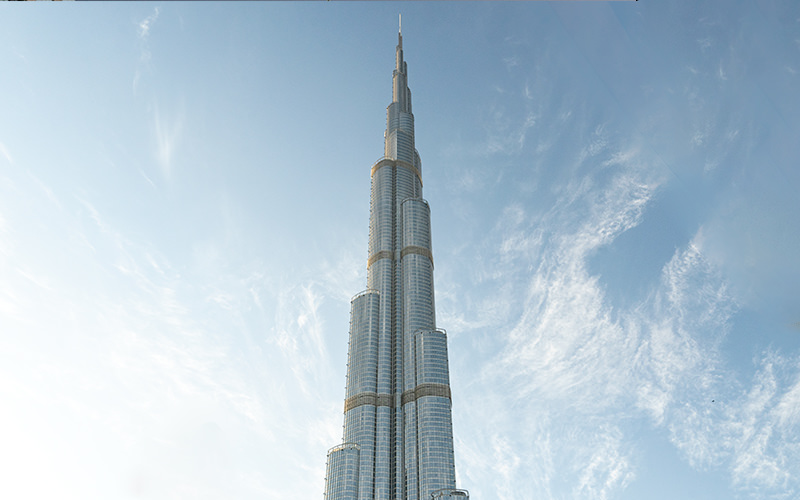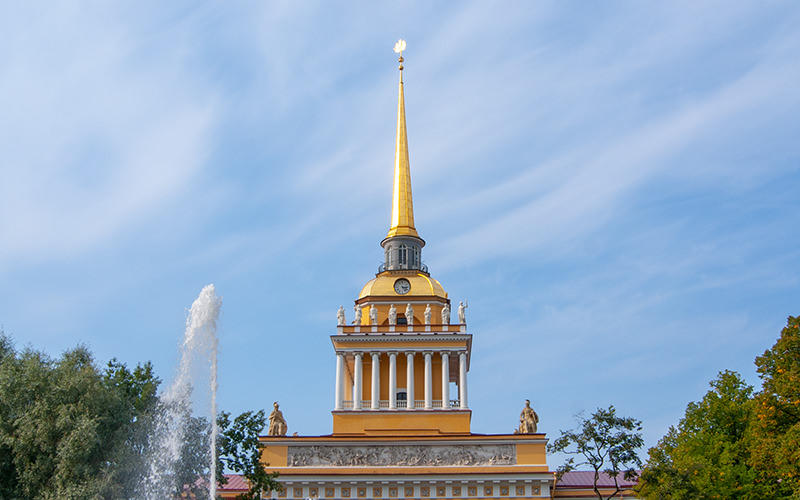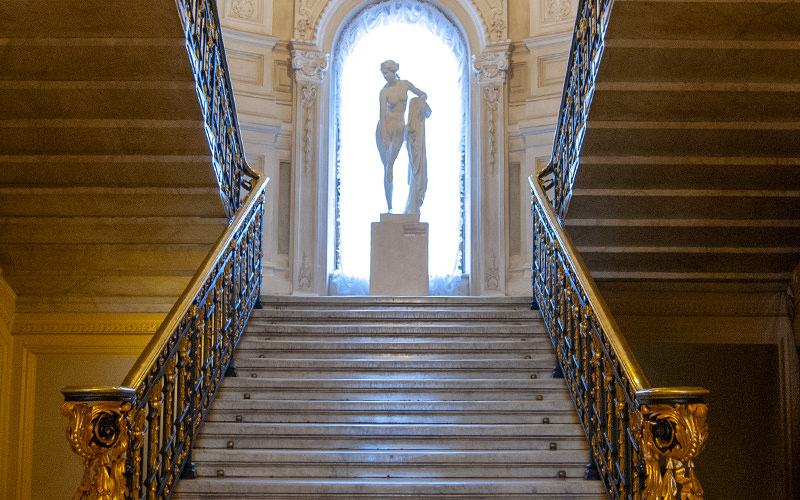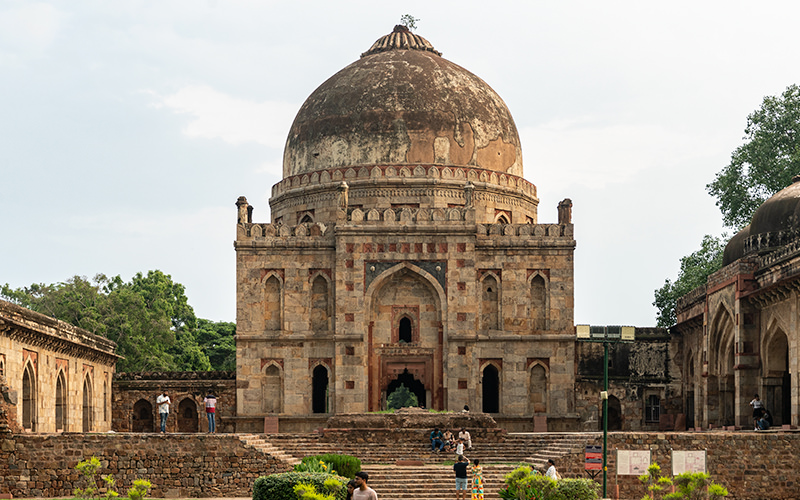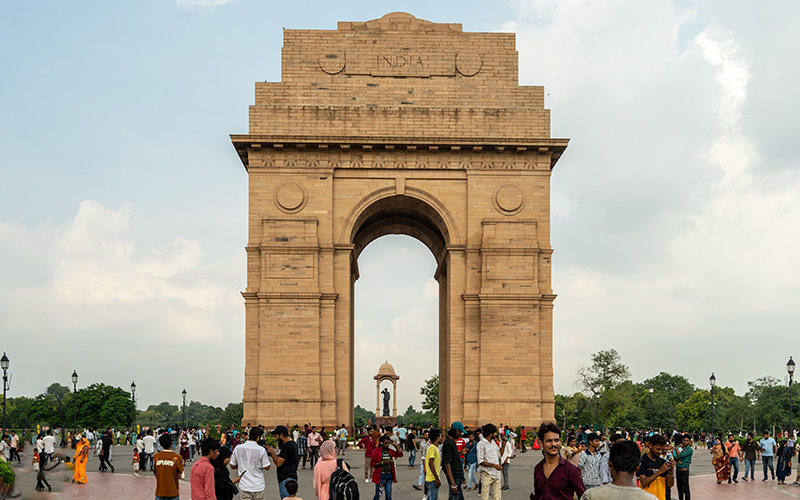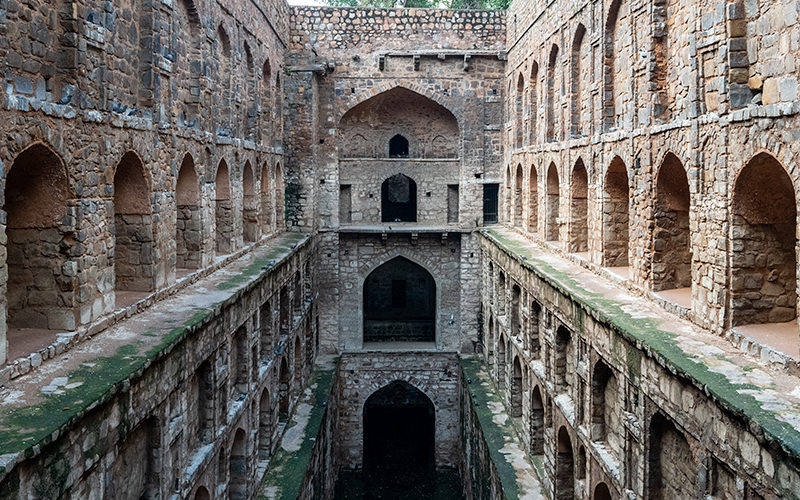I’m concluding my series of stories about my trip to Delhi with an article about visiting the National Rail Museum. This attraction is interesting for both young travelers and adults who are fans of railway themes.
The development of the National Rail Museum began in 1971, and the work took six years. Initially, until 1995, the exhibition was called the Museum of Railway Transport.
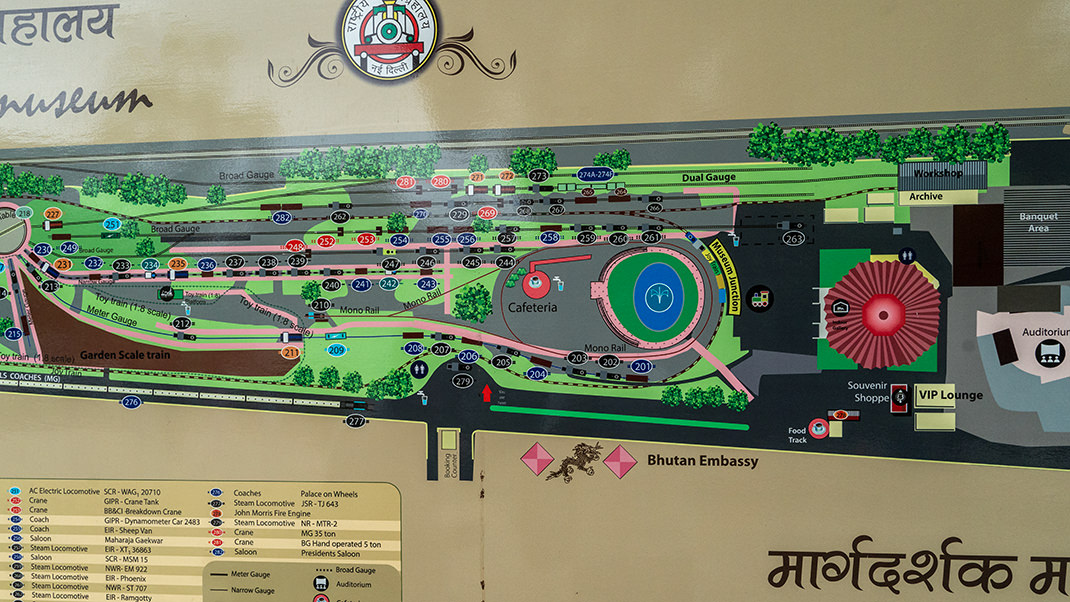
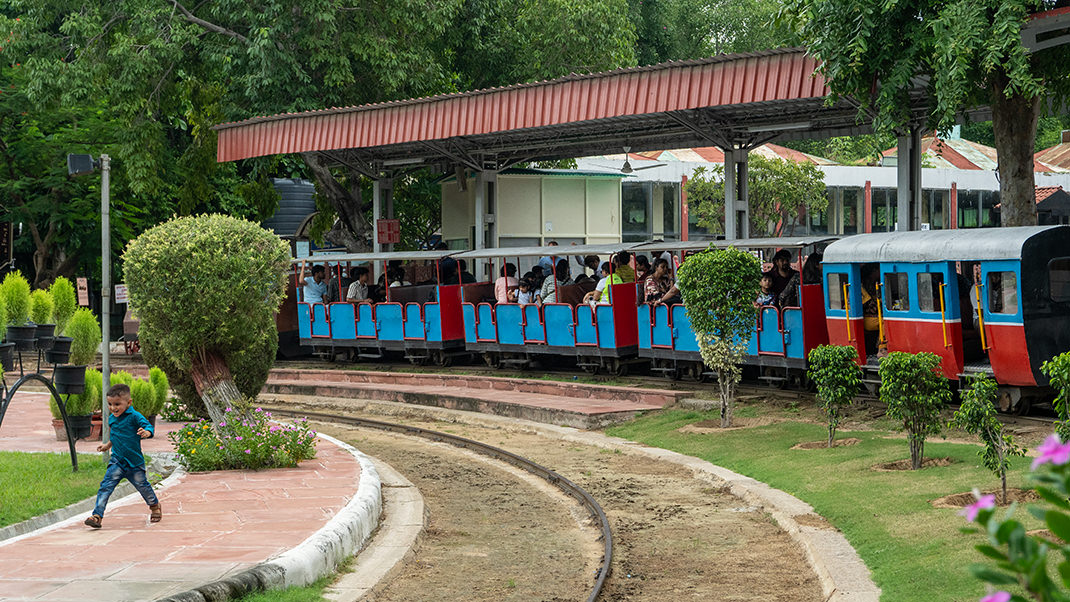
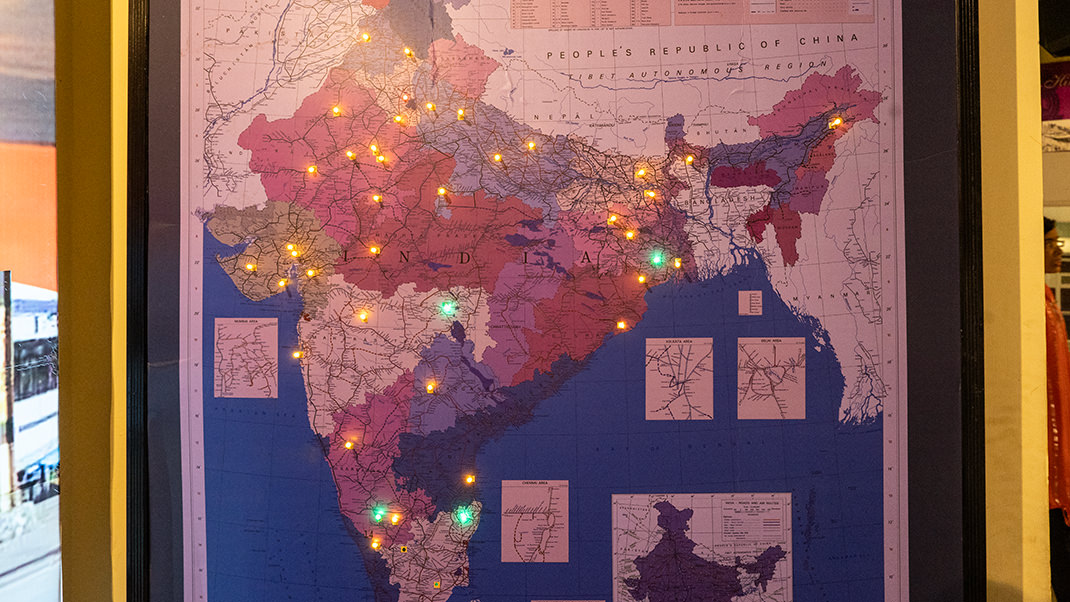
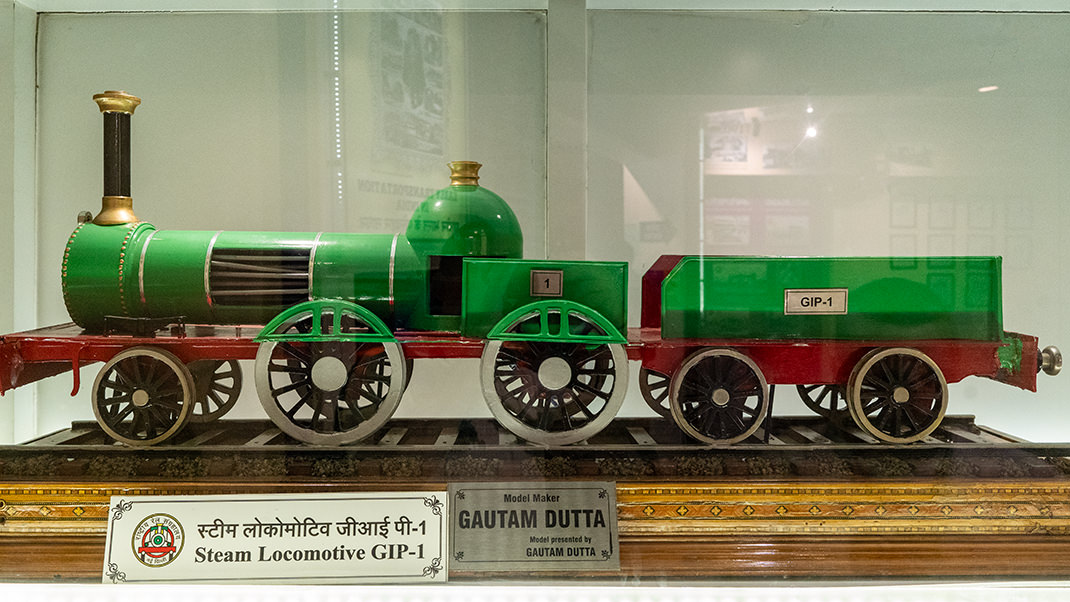
A Walk Around the Museum
The museum is divided into two parts: visitors can explore the outdoor exhibit and visit the covered pavilion. The various exhibits inside the pavilion are all related to railways. For example, there are models of locomotives and carriages, maps of India’s railway networks, and examples of various mechanisms.
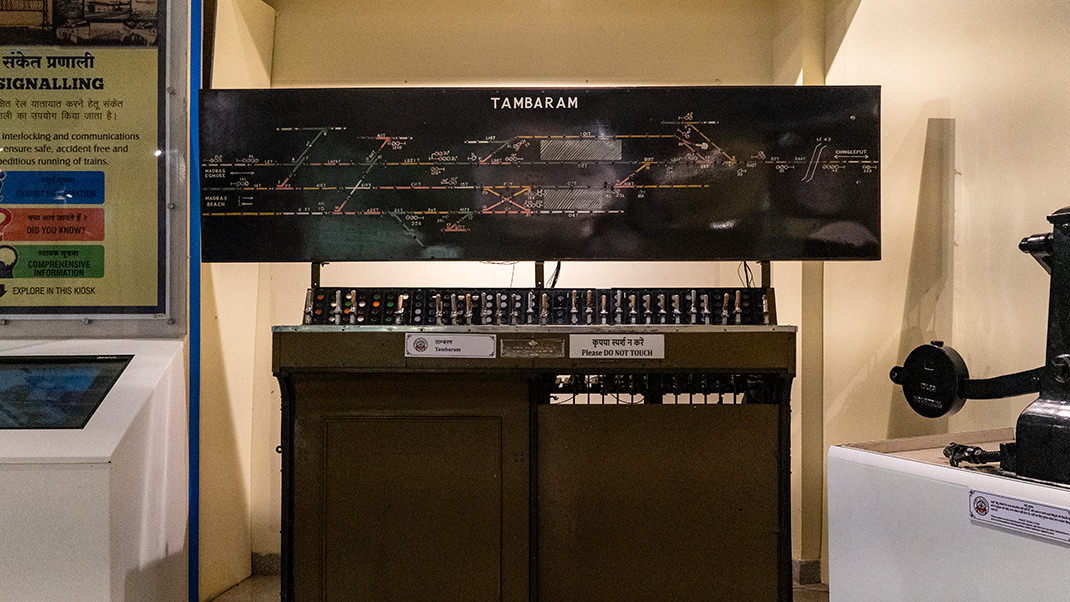
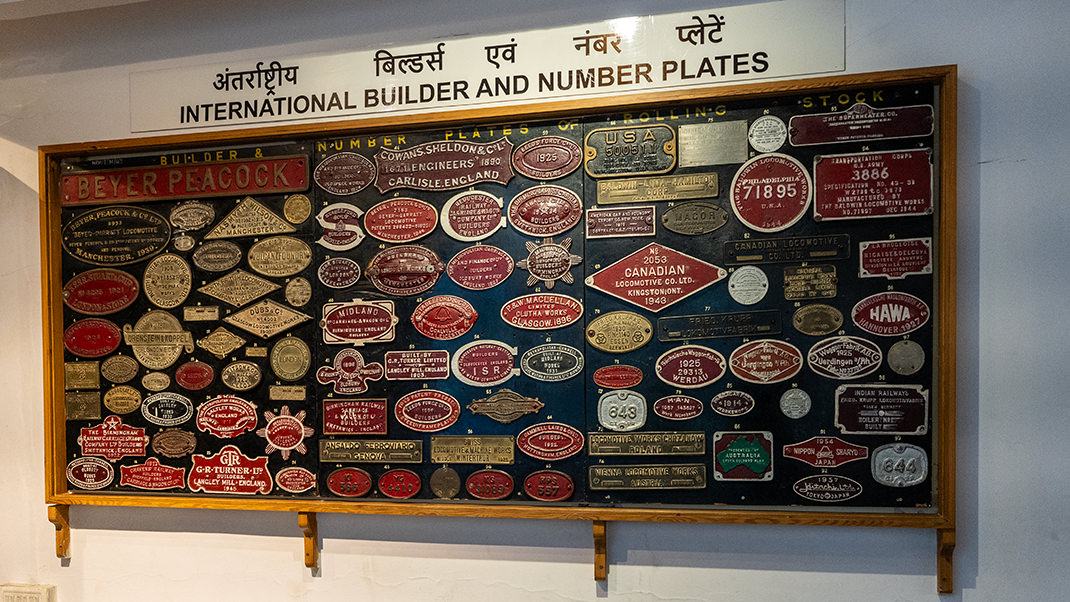
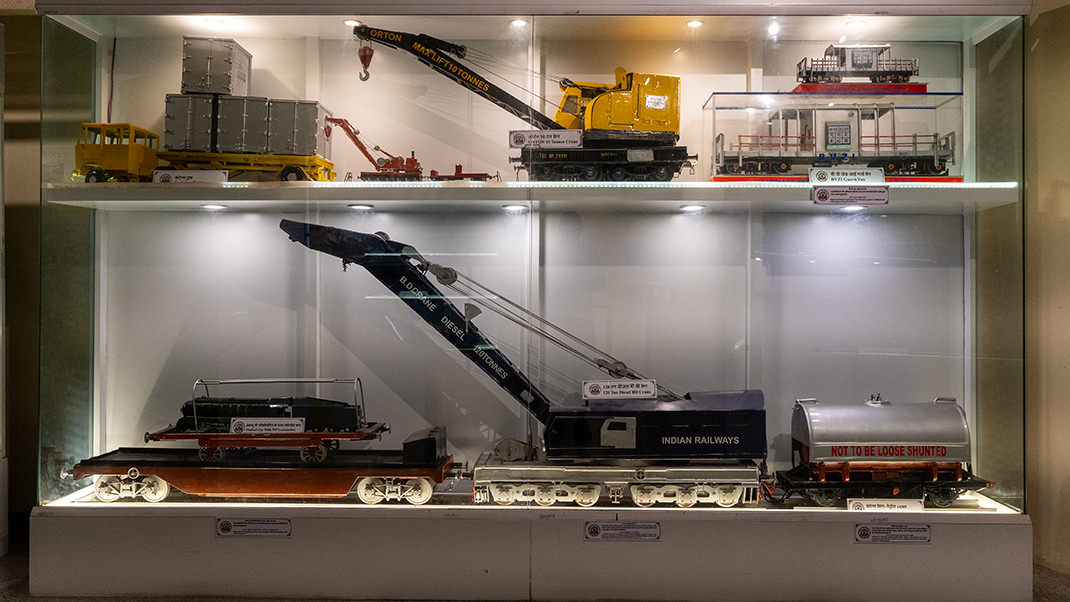
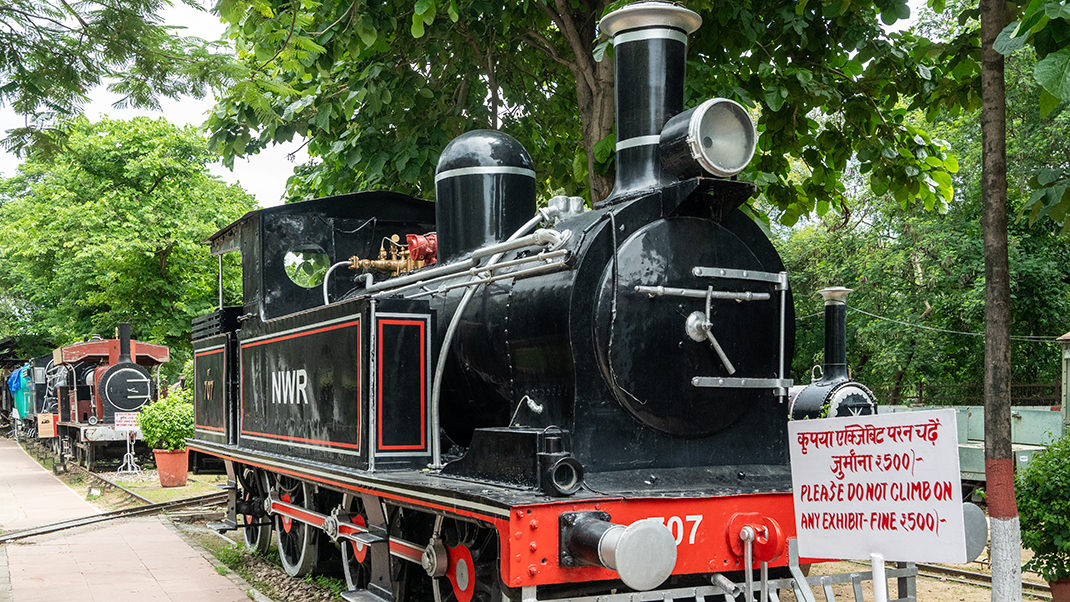
The outdoor part of the museum features a collection of railway equipment. Most of the exhibits date from 1853 to 1950 and include locomotives, carriages, and various vehicles, including a fire truck. One of the highlights of the exhibition is a working steam engine from 1855.
There are three railway tracks running through the museum grounds. One of these is a narrow-gauge track used by a small tourist train. Another is very short, with a toy train, but I wasn’t able to see it during my visit.
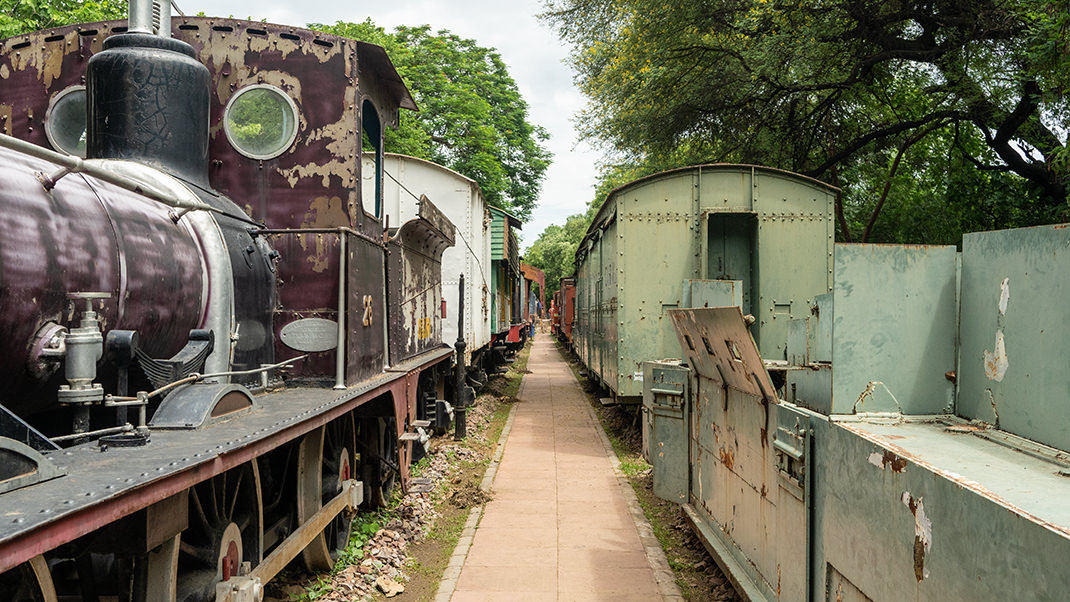
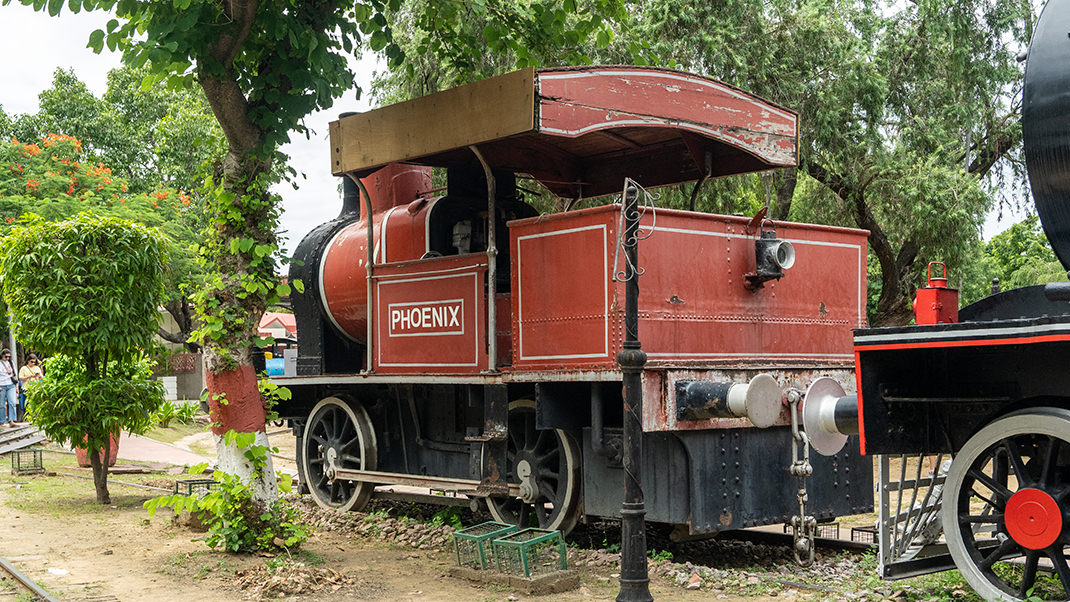
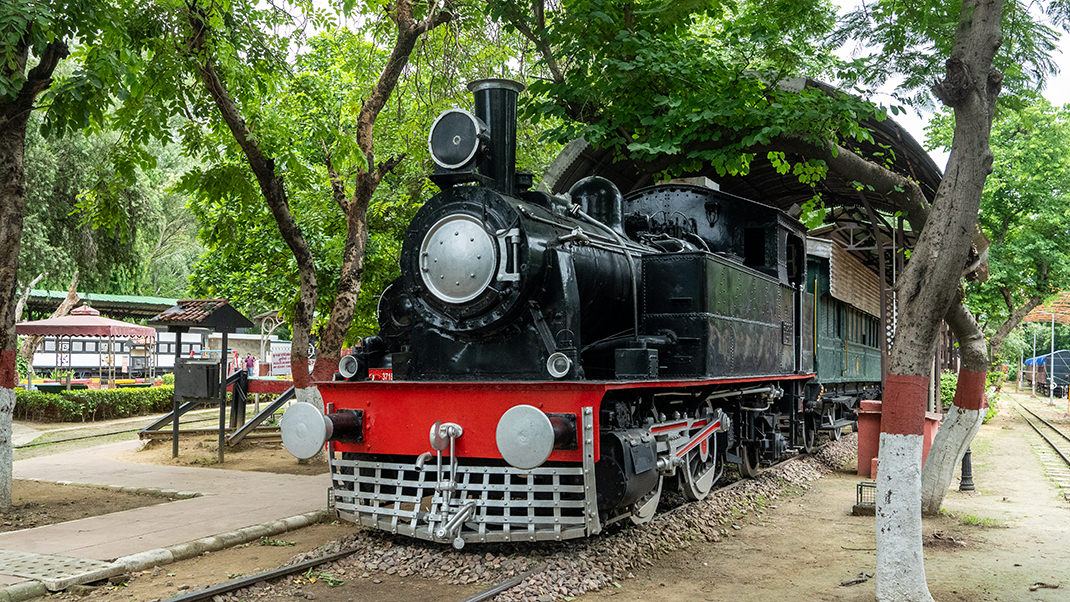
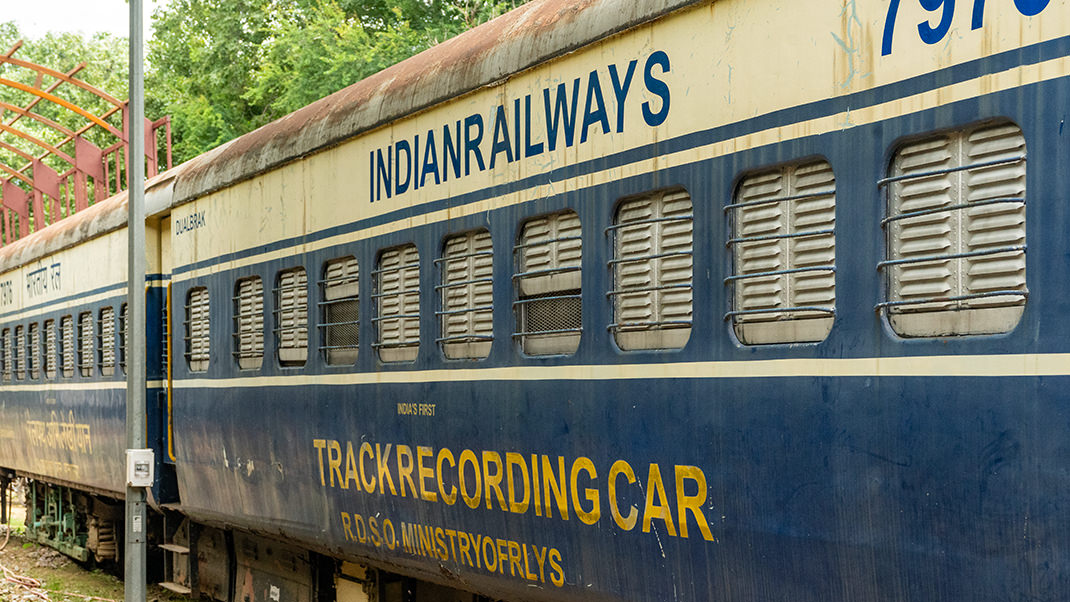
In the western part of the outdoor exhibit, there is a monorail track, along with a small locomotive. Such trains operated in the state of Patiala in the early 20th century.
How to Get There by Metro
I walked to the museum from the "Moti Bagh" metro station, which took about 25 minutes. This same route can be done by taxi, and Uber operates in Delhi. The app allows you to choose between regular cars or tuk-tuks.
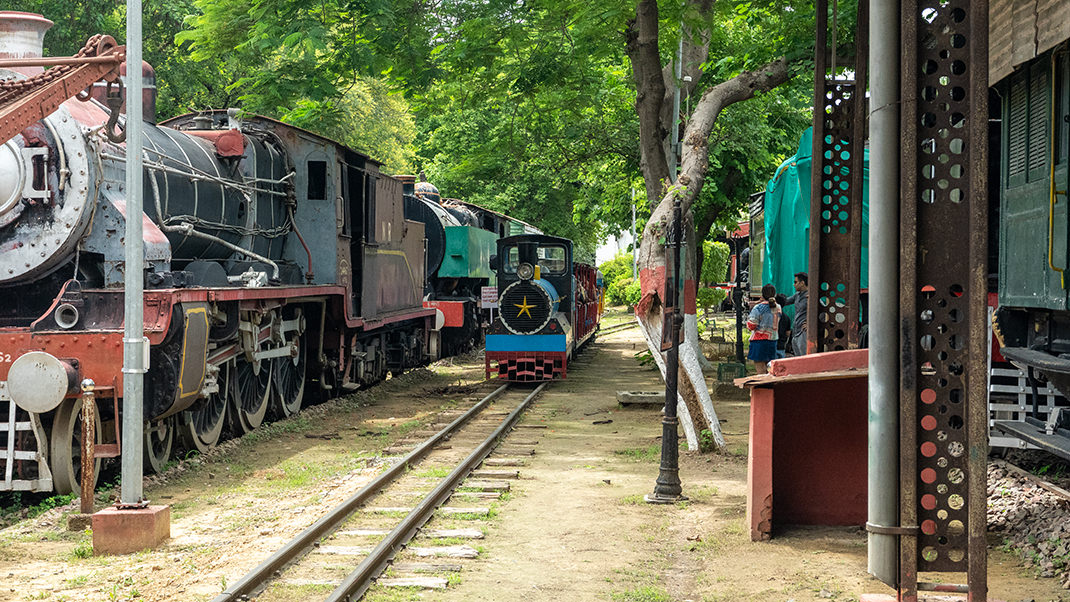
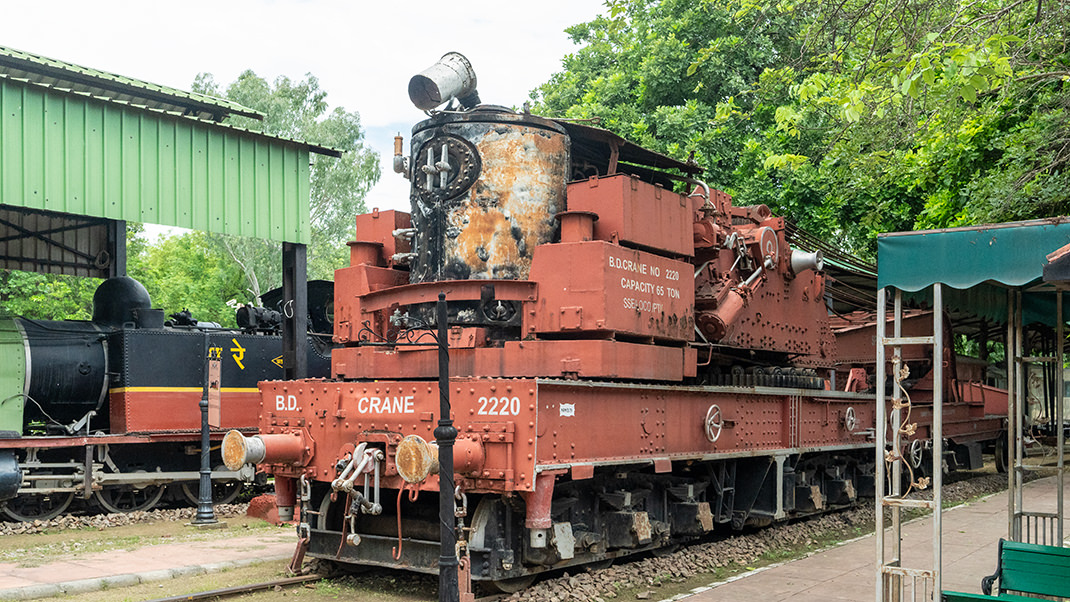
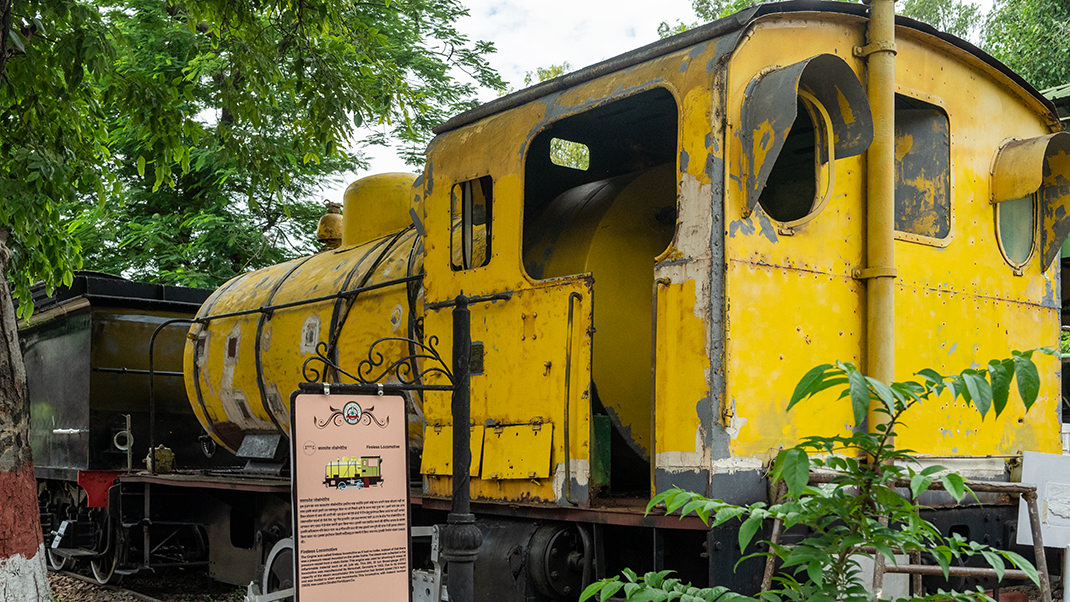
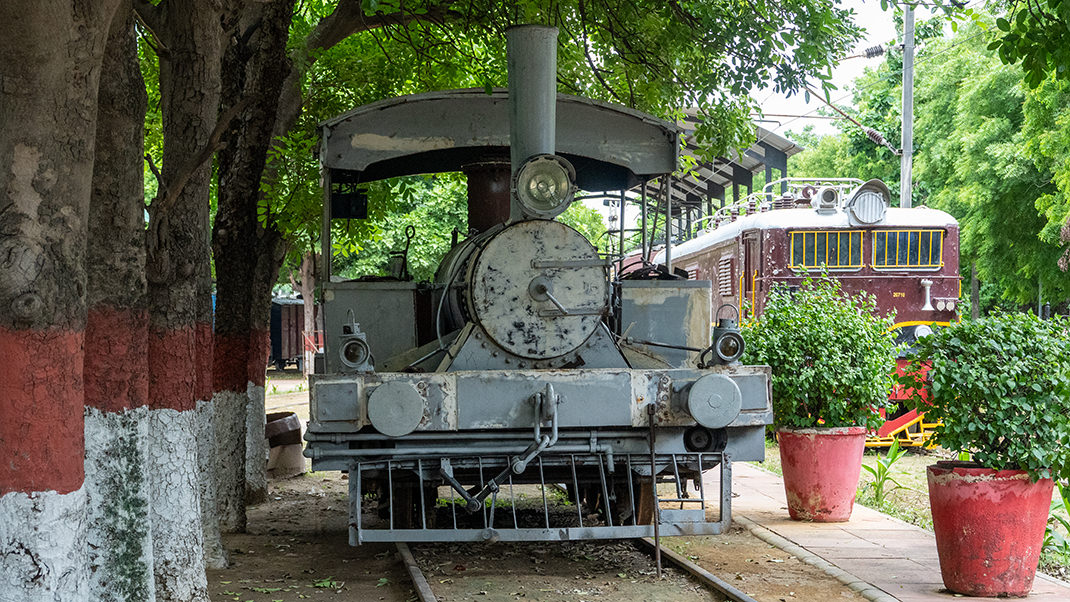
In the summer of 2024, the cost of visiting the museum was 50 Indian rupees. On weekends and public holidays, tickets cost twice as much. The grounds are open from Tuesday to Sunday, from 10 AM to 5 PM, with the last entry at 4:30 PM.
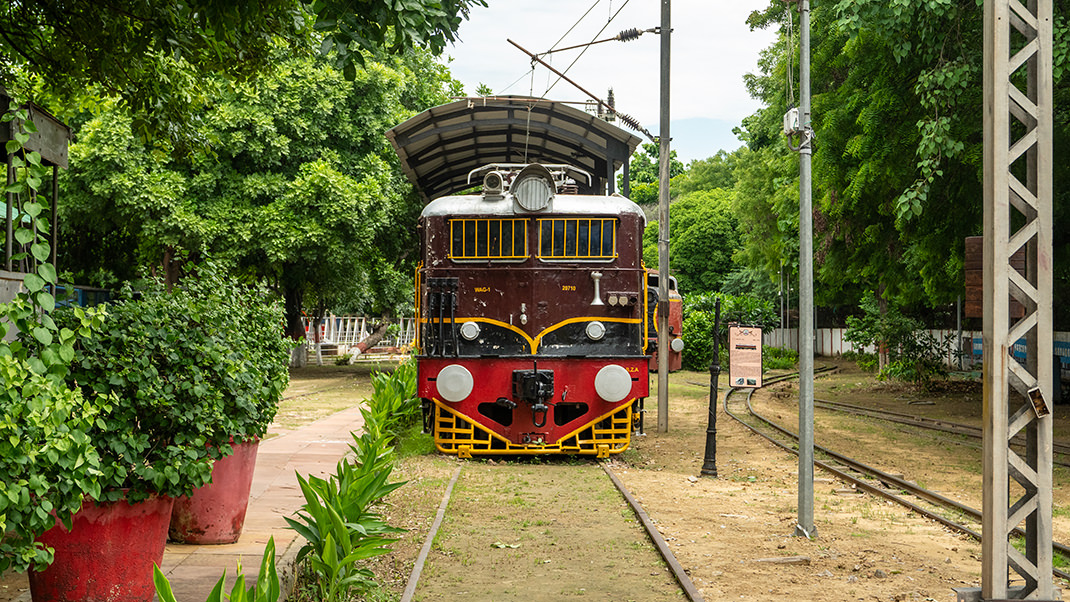
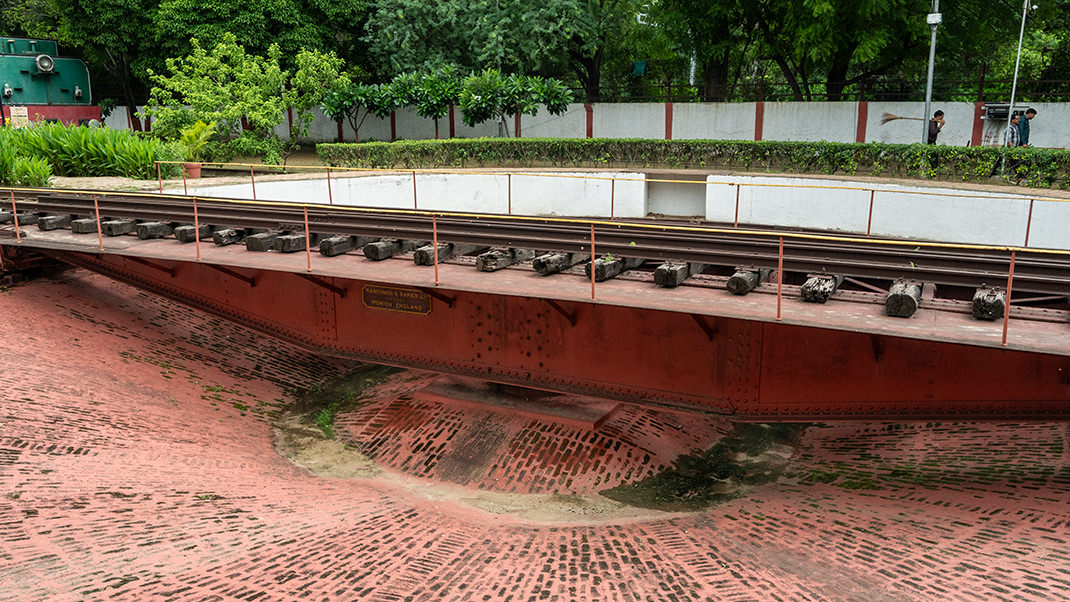
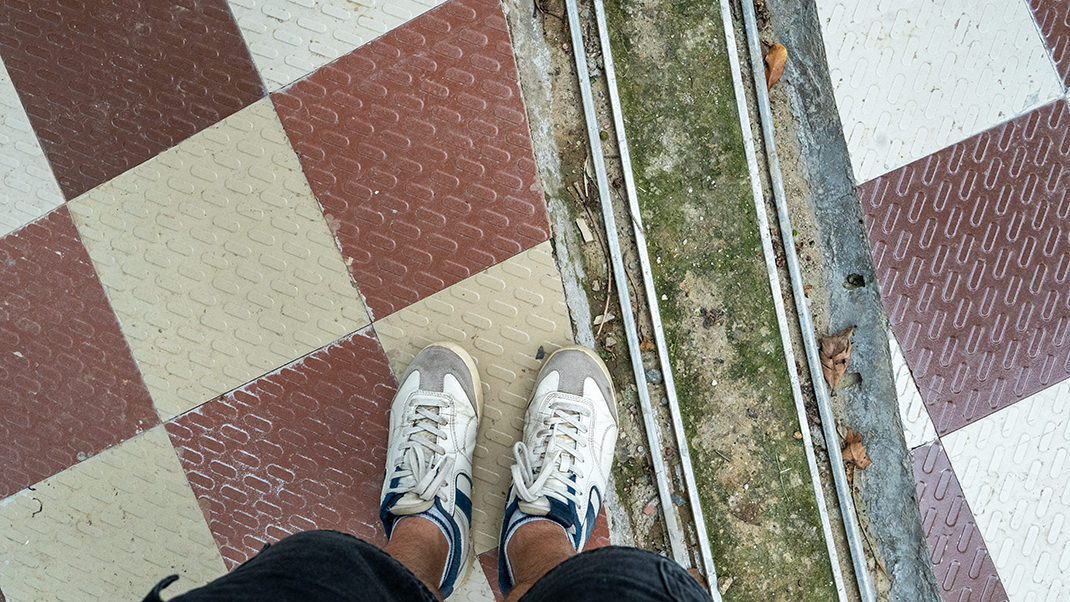
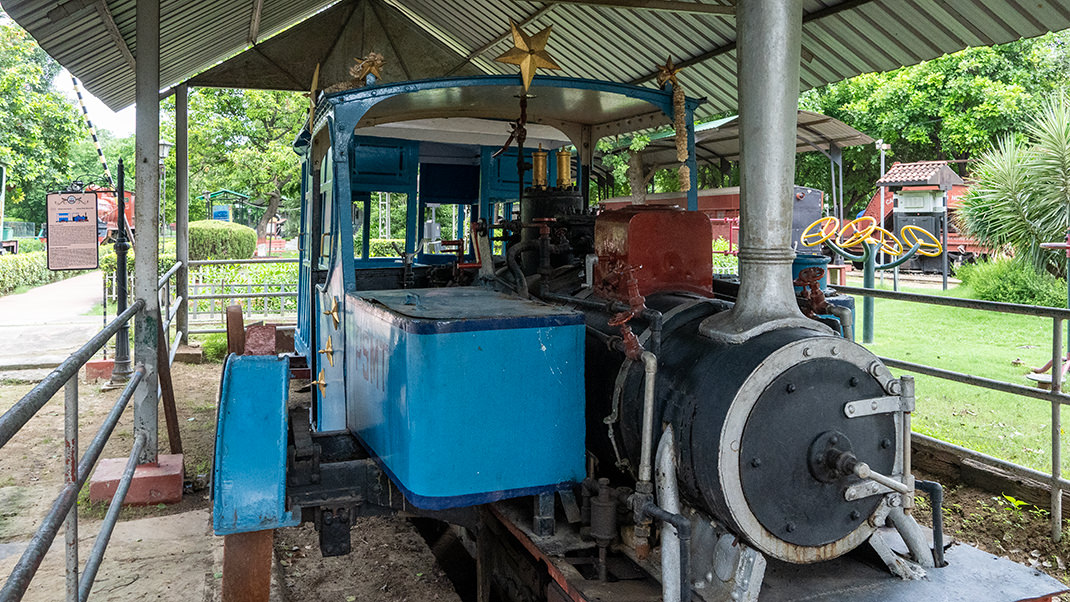
The next destination on my journey through India was Jaipur. The first landmark I saw there was the stunning Hawa Mahal, or the Palace of Winds.
Have a nice trip!


